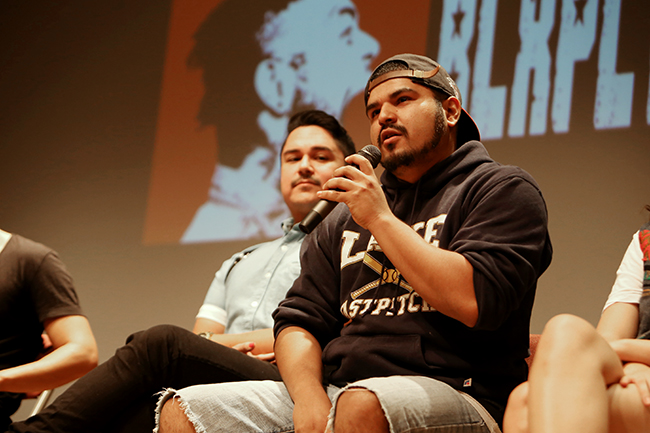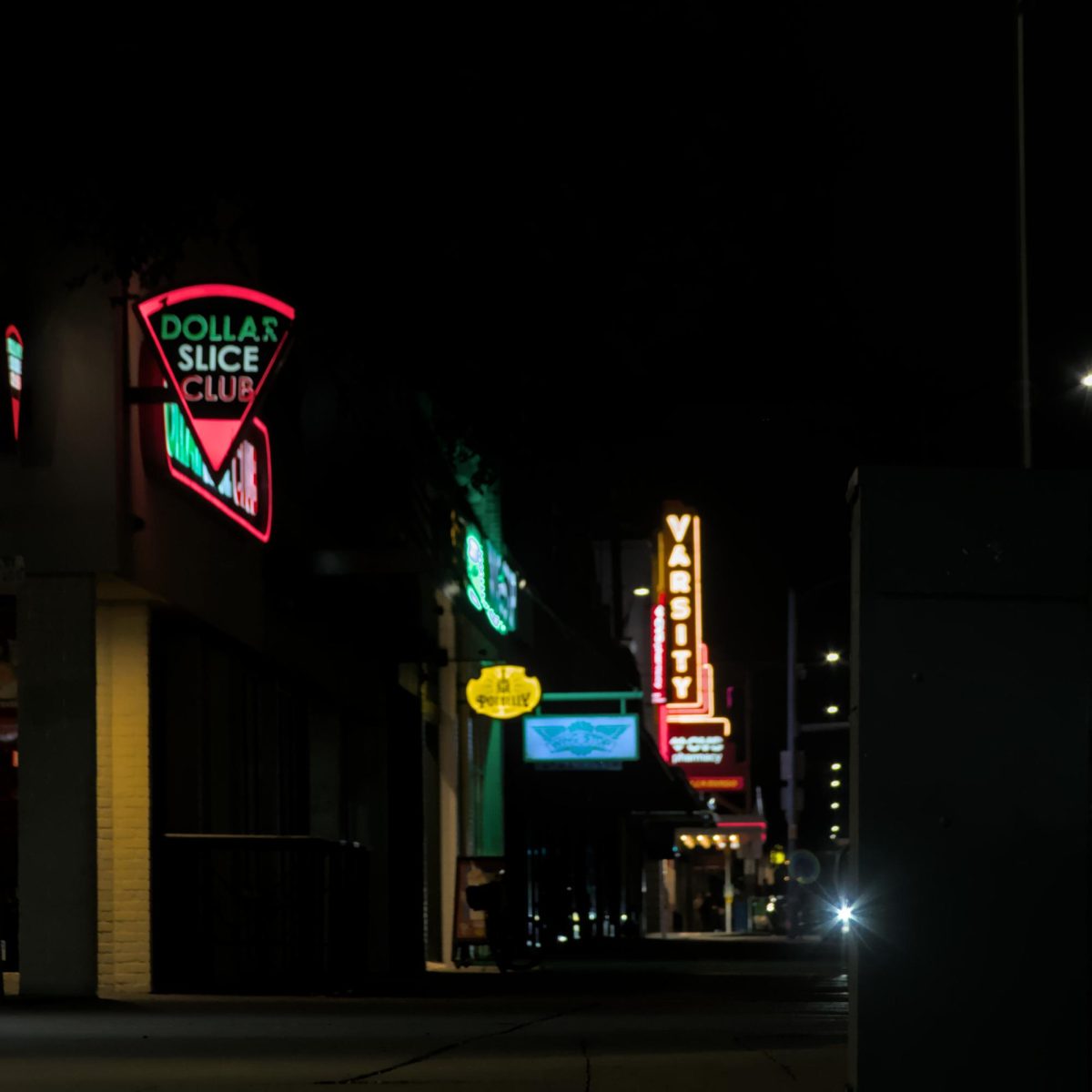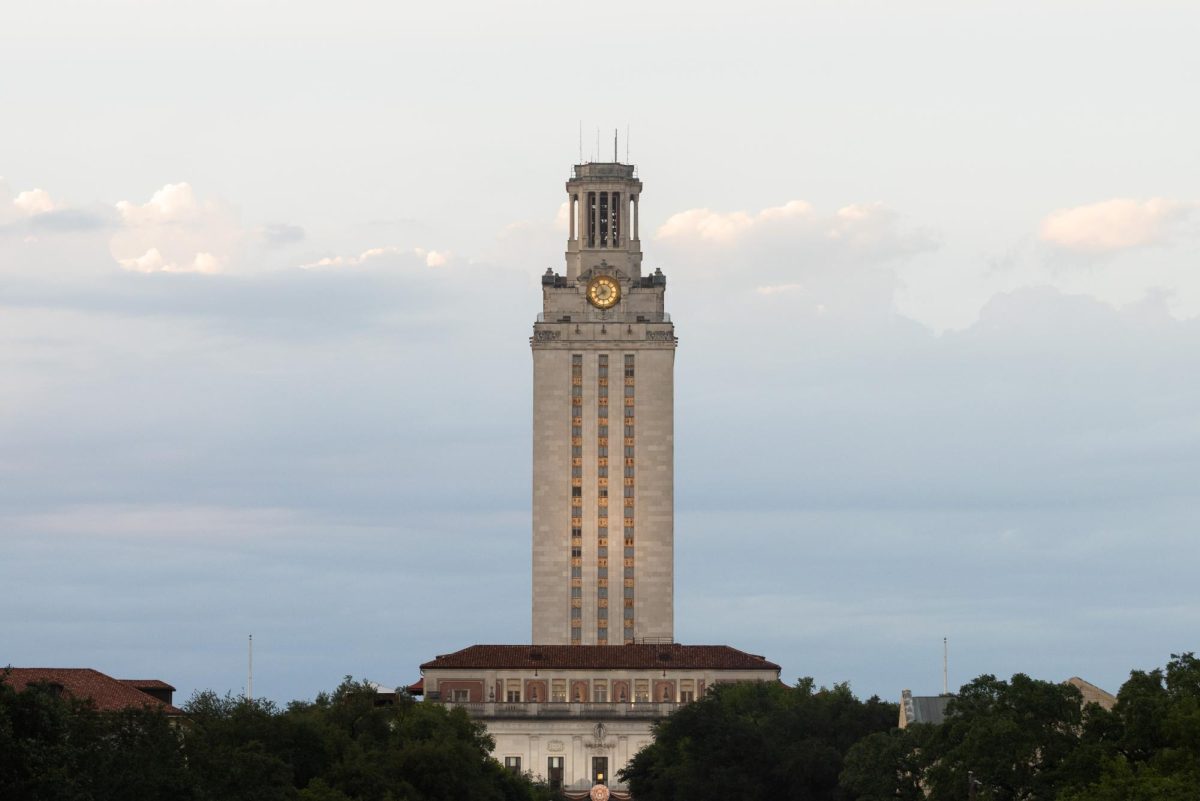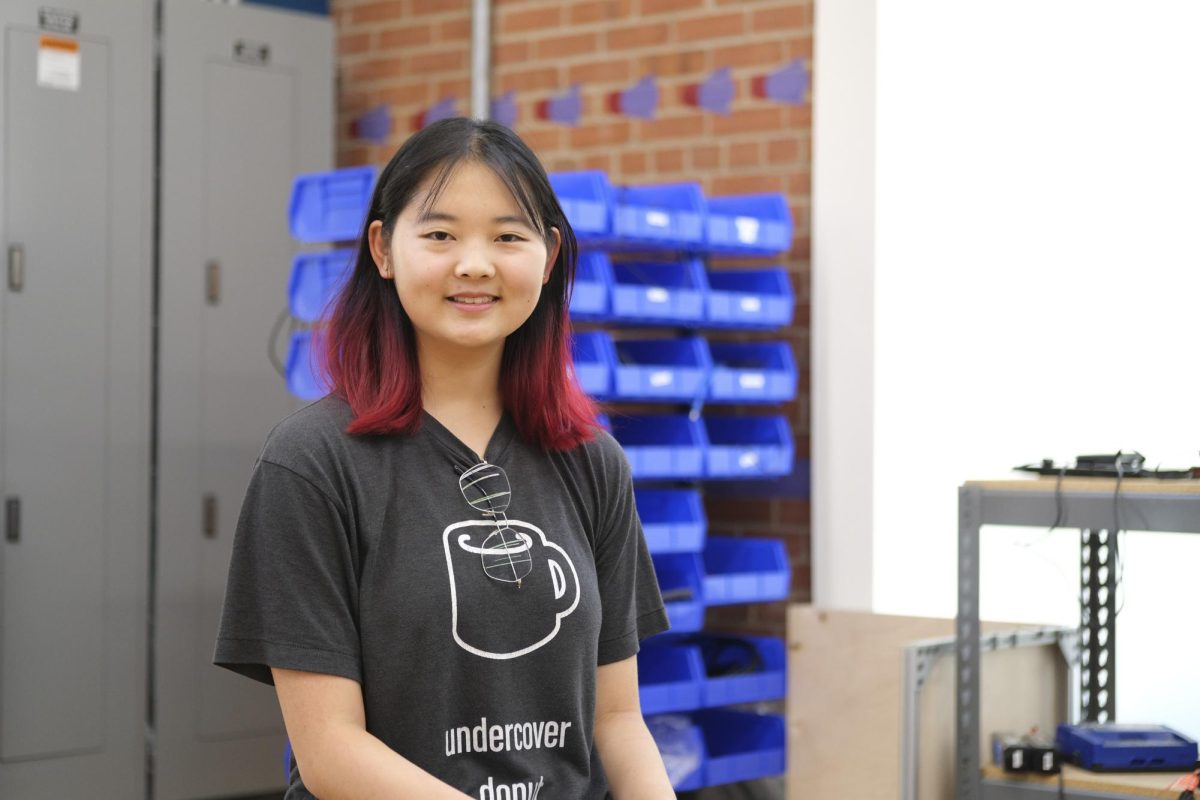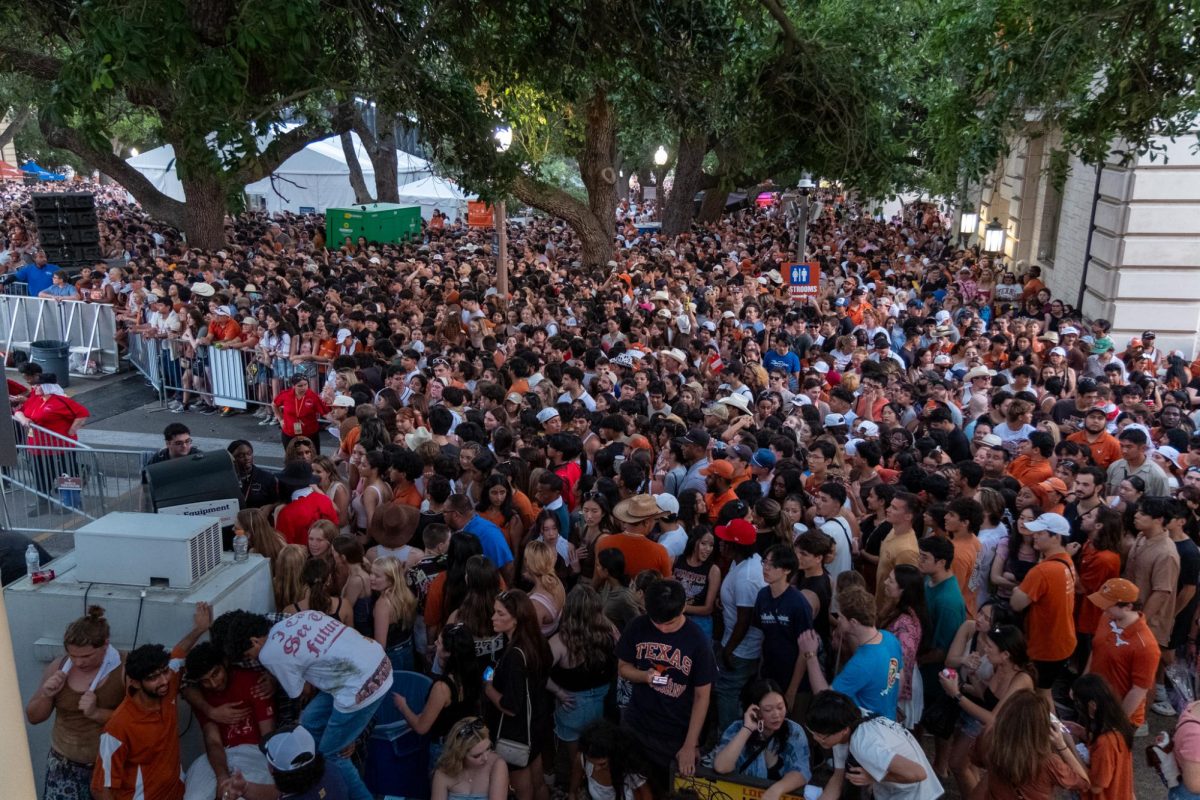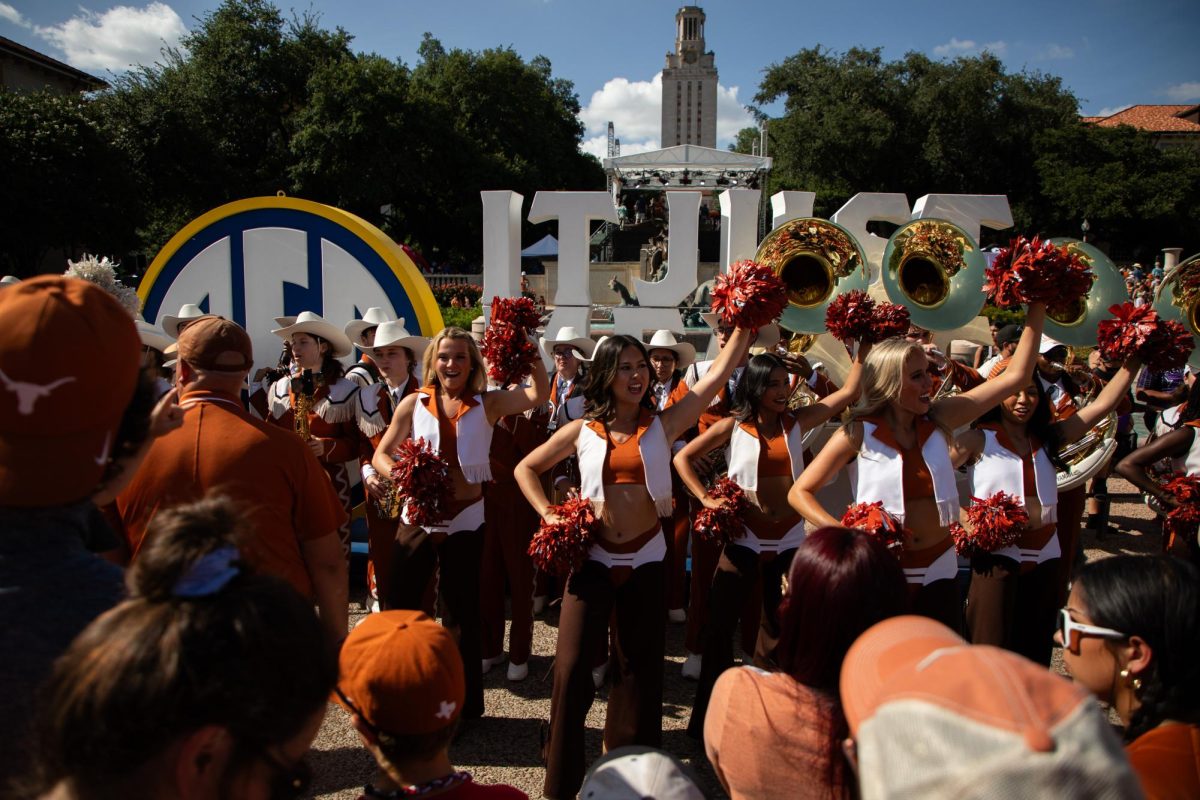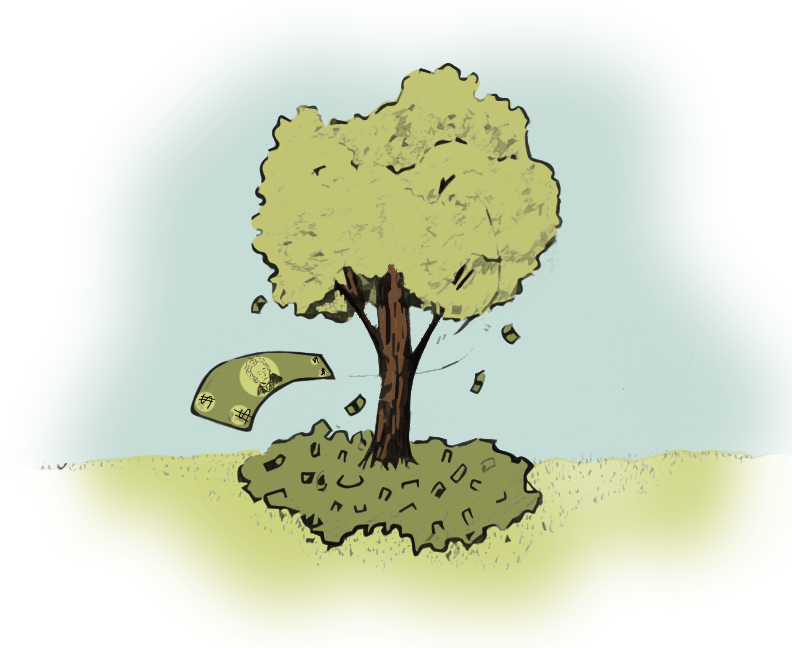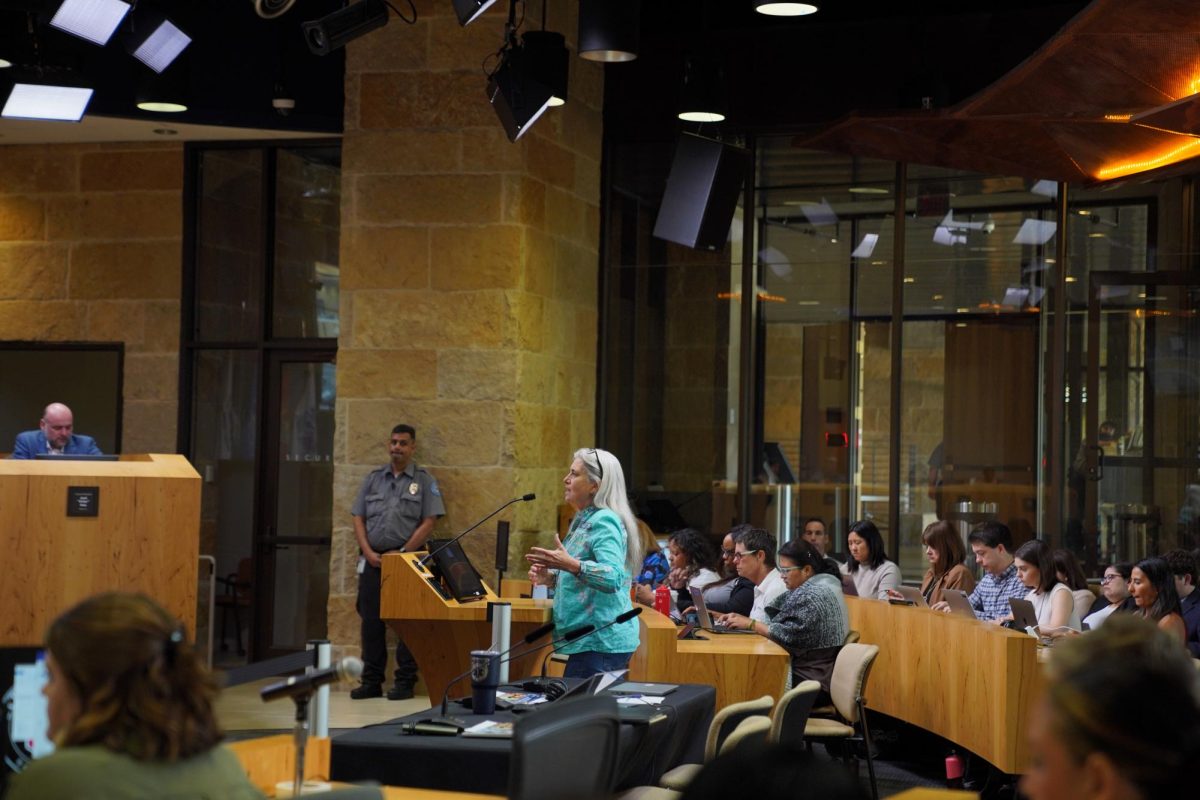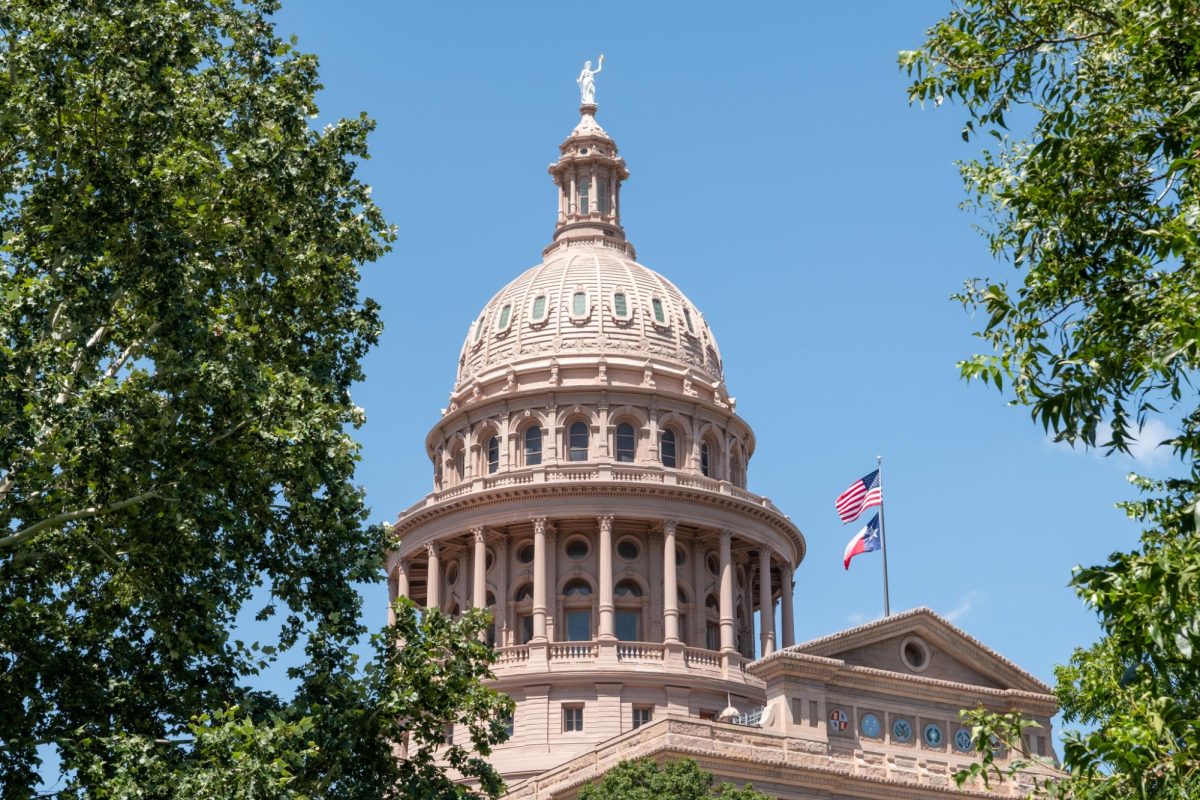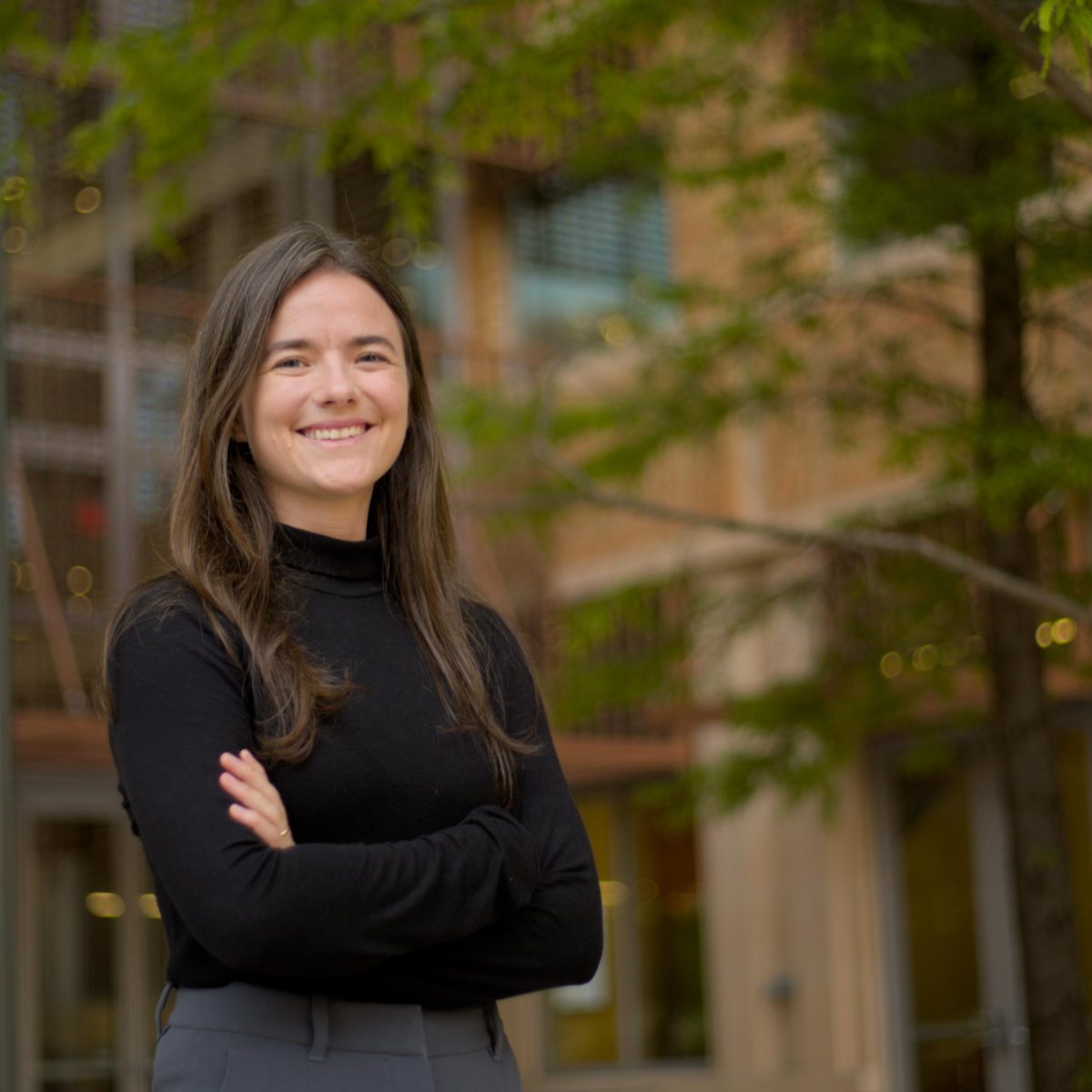Small queer nightlife and music venues in Austin provide a safe place for individuals to celebrate who they are and simultaneously make a statement in the community, according to disc jockey Saul Mojica.
Mojica, who is known by stage name “DJ Boyfriends,” spoke as part of a panel hosted by the Harry Ransom Center that included representatives from queer nightclubs and organizations House of Shakur, Body Rock ATX, Cheer Up Charlies, BLXPLTN, and The Glitoris. Mojica said that his role in the Austin community is to create an alternative environment to more visible queer nightlife areas, such as Fourth Street.
“There isn’t anywhere that is really a home base for gay musicians and DJs,” Mojica said. “That is where I saw an opportunity for myself to make a little niche in queer nightlife in Austin, somewhere that a queer person can go and feel completely safe in their culture and state that they’re part of it.”
The mainstream gay and lesbian bar culture on Fourth Street falls short of a safe and authentic environment for queer nightlife culture in Austin because straight people party there, disc jockey DJ Glitoris said.
“I would go to Fourth Street and I was really happy to be out and proud and for some reason I just didn’t feel accepted on Fourth Street,” DJ Glitoris said. “I felt like I wanted to be accepted as part of the community but didn’t find my authentic safe space there.”
Government senior and event attendee Rodolfo Reyna-Govea said that it is also hard for him to find a safe place to express himself and came to the panel seeking the advice of industry professionals in the queer community.
“I am an undocumented queer Latino,” Reyna-Govea said. “I find it hard to find a place where I can express the things that I like. I wanted to get a perspective from professionals on the things that they deal with.”
Queer nightlife with the intention of creating a safe and exclusive environment is also a statement and a vehicle for political change, said Adzua-Gette Cole, a spokesperson for House of Shakur.
“Being a black queer in this town, I am without a doubt automatically politicized, so whatever space I am going to be a part of will automatically be politically charged in some way,” Cole said. “I don’t stray from putting political messages in my music, because a night club can be a pivotal space as well as a safe one.”



